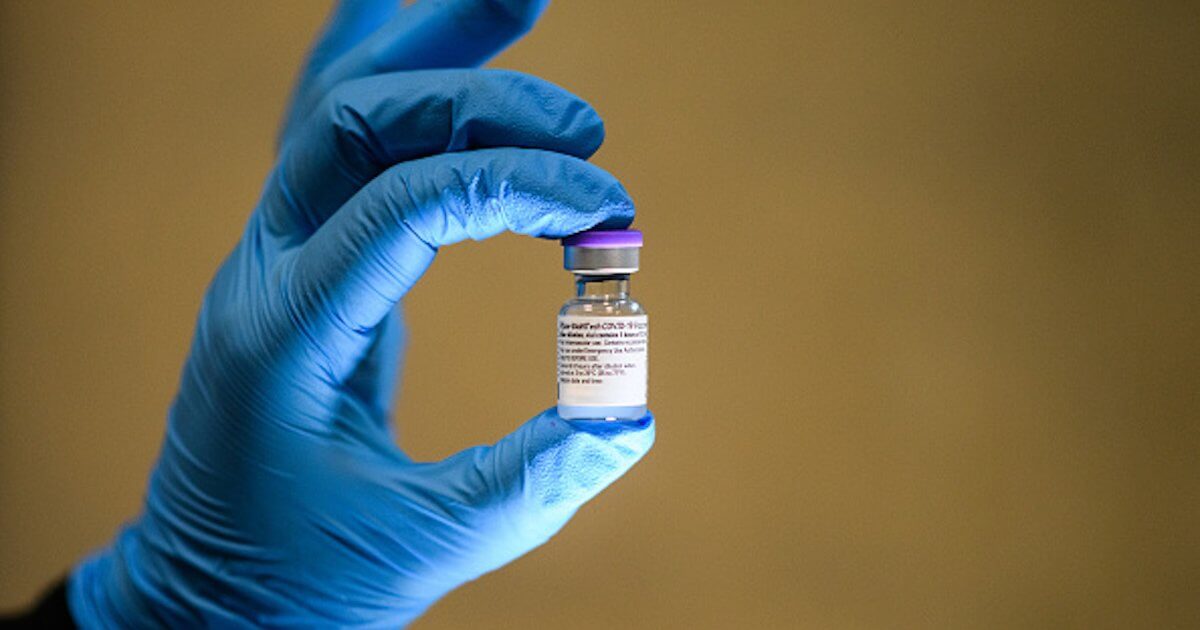Cancer and the Covid-19 Vaccine
- New research shows that about two-thirds of U.S. states didn't prioritize cancer patients getting the Covid-19 vaccine during its rollout.
- The new research shows that 43 of the 50 U.S. states included cancer as a vaccination criteria, but just 17 states gave cancer patients the same Covid-19 vaccine priority as people ages 65 to 74.
- As a cancer patient or survivor, how can you protect yourself from this virus that's still mutating and infecting thousands every day? Get the vaccine. If you already have, make sure to get your booster shot.
"Although the CDC recommended that all states consider people with significant medical conditions to have equal vaccination priority with people over the age of 65, we found that nearly two-thirds of states did not give equal vaccination priority to patients with cancer," says the study's lead author Dr. Rahul Prasad, a resident physician at the Ohio State University Comprehensive Cancer Center in Columbus, Ohio.
Read MoreHere's the most important thing: If you haven't already, get your Covid-19 vaccine. (And before you ask, yes, all Covid vaccines are safe for cancer patients and survivors.) If you have received your shot, make sure you get your booster shot.
5 COVID-19 Vaccine Questions Answered by Expert Physician
The initially limited supply of vaccinations is what prompted the CDC to suggest prioritizing some patients over others. Immunocompromised people (those with what are considered high-risk conditions) ages 16 to 64, as well as those ages 65 to 74, were grouped together in the final part of phase one.
The new research shows that 43 of the 50 U.S. states included cancer as an early vaccination criteria, but just 17 states gave cancer patients the same Covid-19 vaccine priority as people ages 65 to 74. Eight states defined what's considered a qualifying cancer diagnosis (six of those further limited their priority to patients currently receiving treatment), while 42 states did not. Dr. Prasad says this lack of clarification is problematic.
"You could have someone diagnosed with breast cancer at age 40 who is now 55, in remission, and wondering if they're eligible," Dr. Prasad says. "On the other side of the spectrum, someone newly diagnosed with low-risk prostate cancer may not be particularly immunocompromised if they haven't started treatment yet."
Cancer and the Covid-19 Vaccine
According to Dr. Nina Shah, a hematologist at the University of California San Francisco, it's critical that cancer patients going through active treatment get the booster after initial vaccination. "It's very important (to get your booster shot), since we know some cancer patients do not mount a sufficient immune response after the first series of shots," Dr. Shah tells SurvivorNet.
Cancer Patients & COVID-19 When to Stay Home and When to Go in to Your Doctor
If you're hesitant about the Covid-19 vaccine, recent findings presented at the annual European Society for Medical Oncology conference, or ESMO Congress 2021, the leading professional society for medical oncology, revealed through multiple studies that cancer patients have "an appropriate, protective immune response to vaccination without experiencing any more side-effects than the general population."
The findings discussed at the conference "offer conclusive evidence that while being largely effective, anti-COVID vaccination is just as safe for people with cancer as it is for the general population," according to Dr. Luis Castelo-Branco, a medical oncologist in the ESMO Scientific and Medical Division.
Learn more about SurvivorNet's rigorous medical review process.


